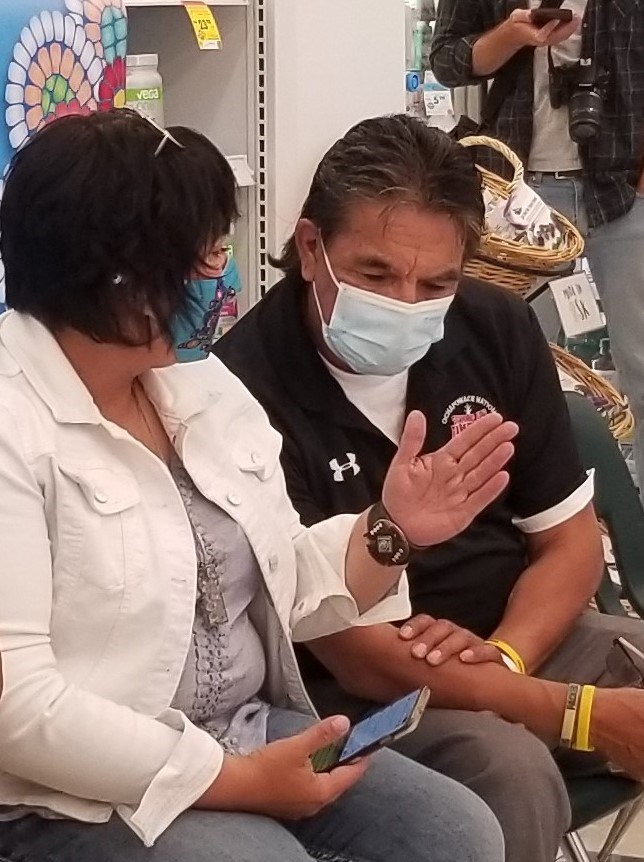The issue of the thousands of Indigenous children who suffered abuse and later died in residential schools have been hogging the headlines the last two months. A dark part in the country’s more than 100 years of history where Indigenous children, most of the time, were forcibly taken from their families in order to be educated in church-run boarding schools.
The residential school system was a program by the Canadian government dubbed as a form of “cultural genocide” where they are trying to erase the culture and language of the Indigenous people to gradually assimilate them to western norms. An estimated 150,000 Indigenous children were placed in residential schools since they first opened their doors in the 1830s. It was later exposed that many of the kids suffered physical and sexual abuses with some also dying while attending the schools.
Marked and unmarked grave sites are now being discovered at these residential schools with the remains of 215 children discovered at the Kamloops Indian Residential School in British Columbia and an estimated 751 at the Marieval Cowessess Indian Residential School in Saskatchewan. The Battlefords Agency Tribal Chiefs are also in the process of examining two of five possible sites starting this mid July.
And locating the remains of those kids who were declared missing and bringing closure to their families is what the elders and chiefs of various First Nations wanted to accomplish. Federation of Sovereign Indigenous Nations First Vice Chief Morley Watson emphasized this even if the Catholic church again announced a plan to raise $25 million dollars to pay as compensation to the survivors and victims of residential schools.
“It is a good gesture [fundraising], but no amount of money will ever replace what, as First Nation people, we have lost and that is our children. Although it is something that the church wants to do, as others have mentioned, we wanted to make sure that we find our children. It should have never happened [abuses],” Watson told Glacier Media Monday.
“It will help [church’s promise], like I said, there’s no amount of money will ever replace what we as First Nation people lost. It is irreplaceable. I think the church should never allowed this to happen to begin with. So, if they feel this is important to them [compensating the victims], then so be it. But, like I said, we’ve lost something that it can never be replaced.”
He added that church officials, not only the Catholic church, should continue building bridges on the path to reconciliation with the Indigenous peoples of Canada.
“That depends, because we are so diverse in Canada. I think the church has to talk to our people, province to province and territory to territory. At the end of the day, it’s only our parents, our families, and our leaders can identify what can be [done] right.”
“Again, it is a long way to go, but I think we are on that road. It’s good if our leaders want the pope to get involved and have the queen involved. All of those things, I think we have to come together and we’ll leave it up to each province and territory how best they can the reach out and deal with their local governments, their local churches, their local organizations that operated these schools. It’s territory to territory, province to province, community to community.”
Watson said the path to reconciliation must also involve the queen, the pope, and First Nation leaders in Canada.
“She [Queen Elizabeth II] always talks about [Queen Victoria’s] little red children. She didn’t protect her little red children when this happened. I think the queen has to be involved. The pope has to be involved. Our First Nation leaders across Canada have to be involved. When we do that, then we’ll get the true feeling and representation of all of our people across this great country.”
Watson said that they are looking forward on the scheduled meeting between the delegation of Indigenous peoples and the pope in December but added that it’s hard to say what would be the result of that papal audience.
“I think our leaders are happy to just have an audience with the pope.”
“So, whatever message they bring, they will be from our people. It will be a message that should be heard. It’s a message that should have been heard already. Our leaders will be there in December and I’m hoping that there’ll be some very positive outcome from that meeting.”




